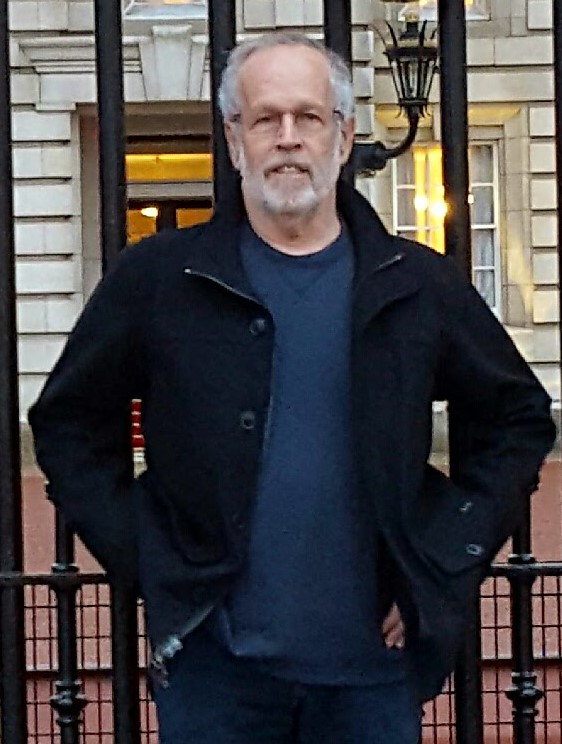Richard Nixon and Henry Kissinger knew they had to change their chosen course and shift the burden. That impetus would not have been there with an all-volunteer military, there needed to be more skin on the line. Old men may dream up ways for young men to fight and die, but not with their own sons and daughters on point.
None of this would matter if, as journalist James Fallows once wrote in The Atlantic Monthly almost three decades ago, the troops were "not sent into action for any cause less urgent than absolute survival." Of course, Vietnam War resisters argued that no one should go to war, echoing the late Edwin Starr's anthem by the same name , What is it good for/ absolutely nothing"/ Lord knows there's got to be a better way. At least, according to Fallows, they paid lip service to the idea of the "categorical imperative," that they should not expect others to bear a burden they considered unacceptable for themselves.
I know, more of a gamble than win-win, and I'm probably betting on the come. Inexplicable end states and open-ended commitments are no guarantees that American silence and complacency on now and future wars won't continue to carry this day and future days. Consumption is still battling sustainability, with policy maintaining a death grip on global resources. A swap of national service for resistance? Could be a sucker bet. Besides, our troops gambled when they signed on the dotted line, right?
Too bad it all comes back to reading the fine print.
(Note: You can view every article as one long page if you sign up as an Advocate Member, or higher).





